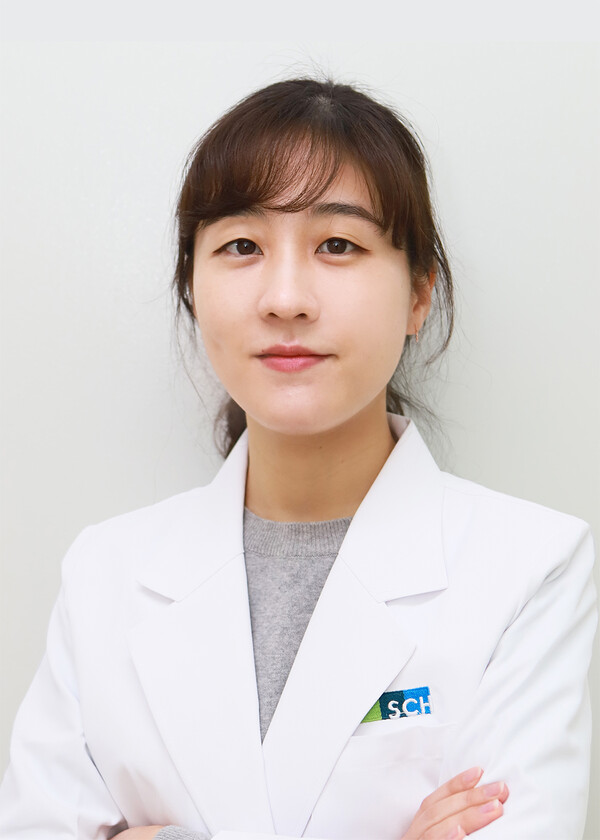If you're a mom-to-be, there's a respiratory infection you should know about. It's pertussis or whooping cough.
Pertussis is a severe, long-lasting cough that reduces quality of life and can cause severe complications or even death in newborns and infants. The disease requires special attention because it is widespread in Korea and abroad.
According to data from the Korea Disease Control and Prevention Agency (KDCA), pertussis has been a major epidemic in Korea and worldwide since April this year. As of September, the cumulative number of patients in Korea reached 23,502, a 80-fold increase from 292 in 2023.

“The KDCA attributes the explosive increase to a combination of factors, including the absence of a pertussis epidemic during the Covid-19 pandemic, declining vaccination rates in many countries, increased international exchanges, and advances in PCR testing,” said Professor Park Sung-hee of the Department of Infectious Diseases at Soon Chun Hyang University Hospital Cheonan.
Pertussis is a grade 2 infectious disease caused by the bacterium Bordetella pertussis. Children and adolescents account for about 90 percent of cases. In Korea, it's also called “a hundred-day cough” because the coughing lasts 100 days.
However, pertussis takes six to eight weeks to develop, and without proper treatment, symptoms can last three to four months. It is a droplet-borne disease spread by direct contact or respiratory transmission through coughing and sneezing, and the incubation period is four to 21 days.
Pertussis symptoms are characterized by three main stages: catarrhal, mild, and convalescent. The catarrhal phase is similar to the common cold, with upper respiratory tract infection symptoms, such as runny nose, conjunctivitis, watery eyes, mild cough, and low-grade fever, for one to two weeks. It is a period when the bacteria are most active and contagious.
The prodromal period is characterized by short, paroxysmal coughs with a “whoop” sound at the end, sometimes called a “paroxysmal” cough. If the cough is severe, symptoms may include redness of the face or eyes, vomiting after coughing, sticky sputum, cyanosis, and apnea. This period lasts two to four weeks or longer.
This is followed by a one- to two-week recovery period during which the number and severity of paroxysmal coughs gradually improve.
Diagnosis of pertussis is based on a characteristic cough pattern, a history of contact with someone with pertussis, and culture and genetic testing of specimens, including nasopharyngeal swabs, nasopharyngeal aspirates, and sputum.
Treatment consists of antibiotics to relieve clinical symptoms and control secondary transmission. When transmission is high, antibiotic therapy should be started within three weeks of symptom onset. Infants younger than three months and children with cardiopulmonary and neurological conditions are more likely to develop secondary complications and should be hospitalized for observation.
Isolation is required five days after antibiotic treatment and, if untreated, for at least three weeks until the cough stops. Whooping cough is so contagious that the contact rate within the family without immunity reaches 70-100 percent, so people with close contact with pertussis patients may be considered for prophylactic antibiotics.
In Korea, all infants and children are vaccinated with DTaP at two, four, six, and 15-18 months of age, DTaP at four to six years of age, and a booster dose of Tdap vaccine at 11-12 years of age. Td or Tdap vaccination is recommended every 10 years for fully immunized adults.
For pregnant women, Tdap is recommended between 27 and 36 weeks of gestation to pass immunity to the fetus, and a dose is recommended during each pregnancy. In addition, family members, healthcare providers, and childcare workers who are expected to have close contact with infants and young children should be vaccinated two weeks before contact.
“Whooping cough is a deadly disease that occurs mostly in children and adolescents and is one of the top 10 causes of death in infants and young children,” Professor Park said. “In neonatal infections, the fatality rate is as high as 4 percent even with treatment, so proper immunization and thorough management are critical.”
“Even if you've been vaccinated, it's still important to prevent further transmission by washing your hands, covering your cough, and wearing a mask. If you have symptoms of suspected pertussis, you should visit a healthcare provider for antibiotic treatment to relieve symptoms and prevent further transmission, and minimize transmission to others by wearing a mask, isolating yourself for at least five days, and disinfecting contaminated items.”

